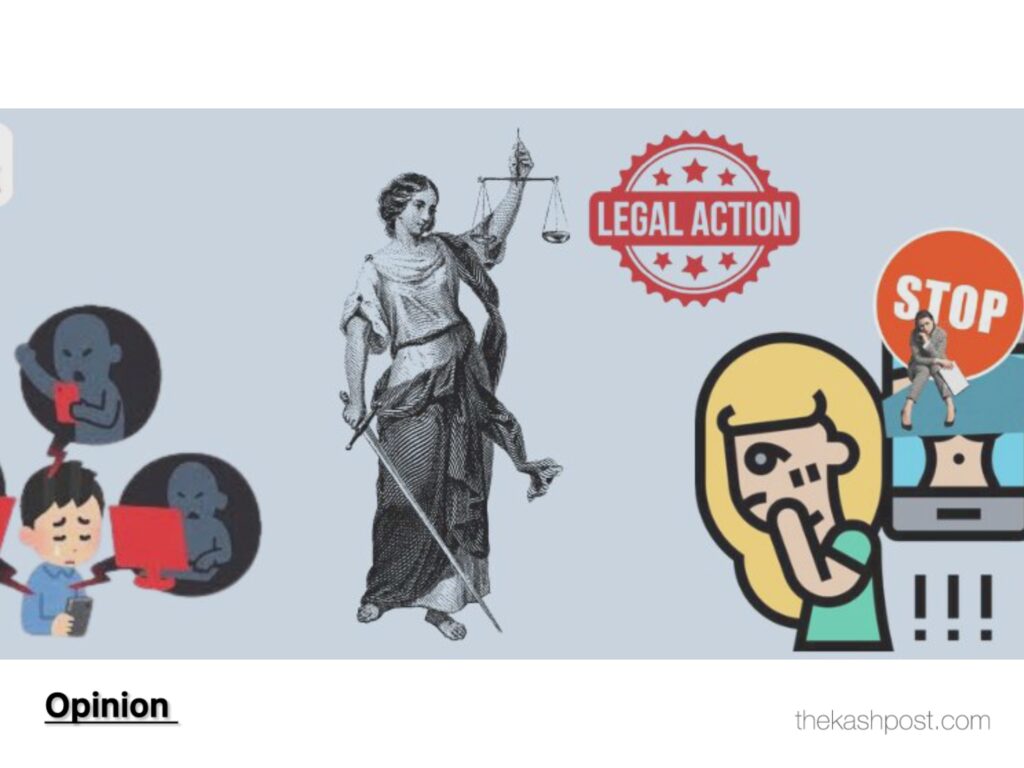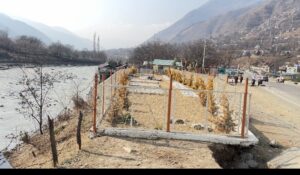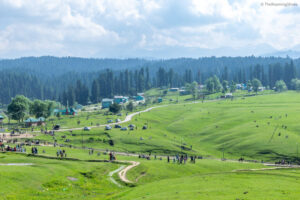Recording Strangers in Kashmir: A Legal Perspective on Misrepresentation and Online Harassment

Opinion by || Shimaila Jehan Been
It has become common in Kashmir for people to record strangers in public and put those videos online with captions that twist the whole situation. Someone might just be moving through their day doing nothing unusual, yet they get filmed without even realizing it. Later the video shows up on social media and makes them look like something they are not. These clips spread fast, and the people in them face judgement, gossip, harassment and humiliation. In Kashmir, reputation and honour matter a lot, and this kind of misrepresentation can cause real emotional and social harm to a person.
The constitutional position on this issue provides the strongest foundation. The Supreme Court, in the Retd Justice Puttaswamy judgment, recognized the right to privacy as a part of the right to life and personal liberty under Article 21. Privacy includes dignity, autonomy and the right to control one’s image. Recording someone without consent and then distorting the meaning of the situation interferes with that dignity. When someone uploads a normal public moment and attaches captions that shame or insult the person, it becomes a violation of their constitutional right to live with dignity. In Kashmiri society, where social perception affects personal safety, reputation and future prospects, the misrepresentation of a person on social media platforms makes this constitutional protection even more important.
The Bharatiya Nyaya Sanhita provides statutory support by criminalizing defamation and offences related to insulting a person’s dignity. Defamation under Section 356 of the BNS applies when someone publishes material that harms another person’s reputation. A person found guilty can face up to two years of simple imprisonment, or a fine, or both, depending on how much reputational harm their actions caused. A harmless video presented with false suggestions or moral judgments clearly falls within this category. Uploading a video for the purpose of shaming, mocking or moral policing is an act that damages dignity. These provisions apply directly to users who film and circulate such misleading content.
Beyond statutory law, cyber harassment has become a practical ground for police intervention in Kashmir. The Cyber Police routinely registers complaints for online bullying, character assassination, moral policing and misuse of personal images. When a person uploads a video with the intention of targeting another individual and the victim receives abusive comments, threats or public humiliation, authorities treat it as online harassment.
The civil law angle provides another strong remedy. Indian courts increasingly recognize privacy as a civil right, which allows individuals to sue for emotional distress, damage to their reputation and “false light” portrayal. False light occurs when someone is shown in a misleading manner that would be deeply offensive to a reasonable person. The emerging “right to be forgotten” further strengthens this remedy and allows individuals to seek permanent removal of content that harms their dignity.
This combination of constitutional protection, statutory provisions, cyber enforcement and civil remedies forms a realistic legal framework and becomes very important for addressing the growing problem of misrepresentation and online harassment in Kashmir. Ordinary behaviour should not be turned into a public spectacle, as the law is increasingly recognizing the need to protect dignity in digital spaces.
About Author: Shimaila Jehan Been is an Advocate with a Master’s in International Relations Peace and conflict studies, can be reached : shumailajehanbeen@gmail.com



